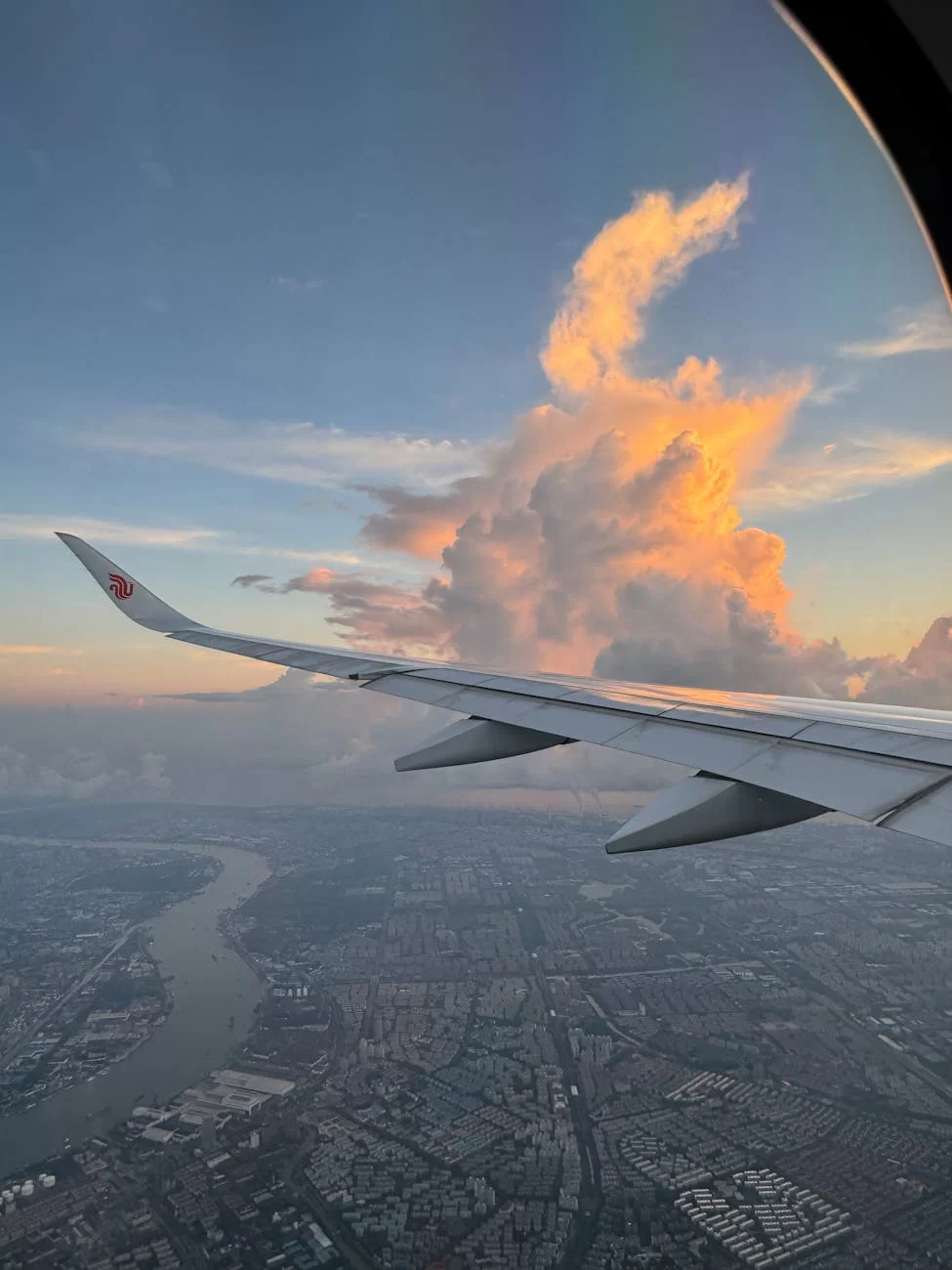On the stage of international trade, Integrated Free Trade Zones are like a brilliant pearl, and re-export trade is a vital link connecting global markets, with the automotive industry being a particularly prominent segment. Are you curious about how Integrated Free Trade Zones empower automotive businesses in re-export trade? Next, let's unveil this mystery together.

Firstly, Integrated Free Trade Zones possess unique policy advantages. Within these zones, goods can enjoy bonded warehousing policies, which is of extraordinary significance for automotive re-export trade. Taking Mr. Jiang company, Zhongmaoda, as an example, which engages in automotive re-export trade, it often faces the issue of temporary vehicle storage. In Integrated Free Trade Zones, vehicles can be stored in bond, significantly reducing warehousing costs and capital occupation costs. Simultaneously, the tax preferential policies in Integrated Free Trade Zones also lighten the burden on automotive re-export trade. Imported vehicles do not require payment of import tariffs and value-added tax within the zone; these taxes are only supplemented when the vehicles ultimately enter the domestic market. This makes enterprises more flexible in capital turnover and enhances their competitiveness in the international market.
Efficient Logistics and Customs Clearance Convenience
Integrated Free Trade Zones typically possess comprehensive logistics infrastructure, providing a solid guarantee for automotive re-export trade. Modern ports, airports, and convenient road and rail transportation networks enable automobiles to enter and exit Integrated Free Trade Zones quickly and efficiently. Moreover, the streamlined customs clearance model promoted by Integrated Free Trade Zones significantly shortens the customs clearance time for automobiles. For instance, the implementation of the "single declaration, single inspection, single release" policy has transformed the previously cumbersome customs procedures. When Mr. Jiang company, Zhongmaoda, exported a batch of re-exported automobiles, this convenient customs clearance model drastically reduced the clearance time compared to before, allowing for faster delivery of vehicles to overseas customers, enhancing customer satisfaction, and winning more market opportunities for the enterprise.
Future Prospects for Automotive Re-export Trade in Integrated Free Trade Zones
With the continuous development of the global automotive industry and the rise of emerging fields like new energy vehicles and intelligent connected vehicles, Integrated Free Trade Zones will embrace more opportunities in automotive re-export trade. Zhongmaoda has keenly recognized this trend and is actively planning its re-export trade business for new energy vehicles. In the future, Integrated Free Trade Zones are expected to continuously optimize policies and enhance service levels to attract more automotive trade enterprises, thereby building an industrial cluster for automotive re-export trade. This will not only promote the development of Integrated Free Trade Zones themselves but also further elevate China's position in the global automotive trade industrial chain.
Leveraging its multi-faceted advantages in policy, logistics, and customs clearance, Integrated Free Trade Zones play a crucial role in the automotive re-export trade sector. We have reason to believe that in the future, with continuous efforts and innovation from all parties, automotive re-export trade in Integrated Free Trade Zones will usher in an even more brilliant tomorrow. We hope that more enterprises will seize this opportunity to open up new horizons for automotive re-export trade in the fertile ground of Integrated Free Trade Zones.

Recent Comments (0) 0
Leave a Reply